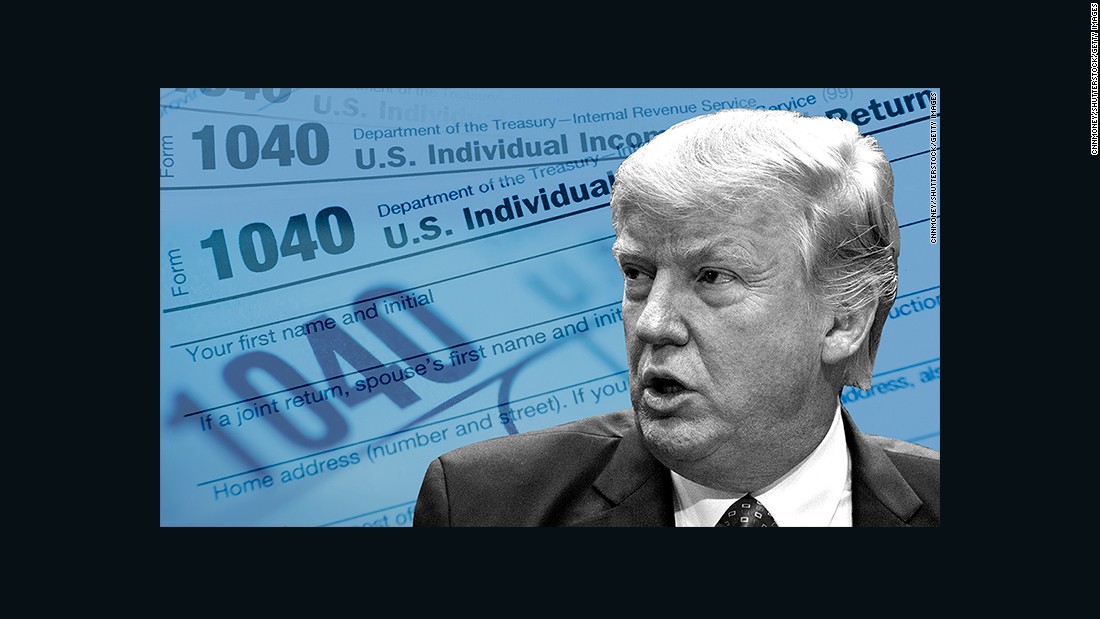[ad_1]
Led by House Speaker Nancy Pelosi (California), the party stood up to President Donald Trump over his demands for a border wall — and won. But even with that victory in hand, top Democratic strategists are wary not to overstep their mandate from the 2018 election — concerned that looking as though they are attacking Trump on all fronts at all times will a) lessen the impact of any one fight and b) create a toxic partisan environment that could hurt them and their eventual 2020 nominee.
Six in 10 said House Democrats should seek “to obtain and release Trump’s tax returns.” Just 35% of those polled said Democrats should not exert legislative powers to get their hands on Trump’s tax returns.
Beyond those topline numbers, the energy is all on the side of the House working to get the returns; 46% of people who said Democrats should try to get them felt that way strongly, as opposed to 26% who felt strongly that Democrats shouldn’t try to obtain the returns.
And while there is clear partisan polarization in these numbers (80% of Democrats want Congress to force the release of the returns but 25% of Republicans say the same), a clear majority of unaffiliated voters (63% of independents) want House Democrats to do what they can to get Trump’s tax history too.
In purely political terms: This is a fight worth having for Democrats.
Neal has come under some criticism already in the 116th Congress from liberal groups that want him to immediately ask the Treasury Department for the records. He has, to date, resisted.
“You’re going to have to, I think, resist the emotion of the moment and make sure your case is carefully documented,” Neal told reporters last week, noting that a request for Trump’s tax returns will undoubtedly trigger a legal fight, assuming Treasury Secretary Steve Mnuchin refuses to turn them over.
Given Trump’s resistance to releasing any of his past taxes to date, it’s hard to imagine Mnuchin would do anything but fight Neal’s request. Remember that Trump is the first major-party presidential nominee in the modern era to refuse to release any of his tax returns. He is also the first president to refuse to release his returns.
Trump’s explanations — and excuses — for these refusals have varied widely. Here are a few:
- Trump has long insisted that he is under an audit by the IRS and it is therefore legally inadvisable to release his returns. (To be clear: A person under audit can release their returns; hell, Richard Nixon did it as president!)
- Trump has suggested that there is nothing to be learned in the tax returns and that his are too complicated for people to understand. “They’re extremely complex. People wouldn’t understand them,” Trump said at a news conference the day after the 2018 election.
- Trump senior counselor Kellyanne Conway suggested after the 2016 election that Trump’s victory suggested people weren’t interested in his returns. “We litigated this all through the election,” said Conway. “People didn’t care,” she said. “They voted for him, and let me make this very clear: Most Americans are very focused on what their tax returns will look like while President Trump is in office, not what his look like.”
But the polling is clear. The public is on the side of House Democrats here. And the best political strategists pick fights not that they know they can win, but that they know will be fought on terrain favorable to them.
Trump’s taxes are an issue like that for Pelosi and her party.
[ad_2]
Source link

